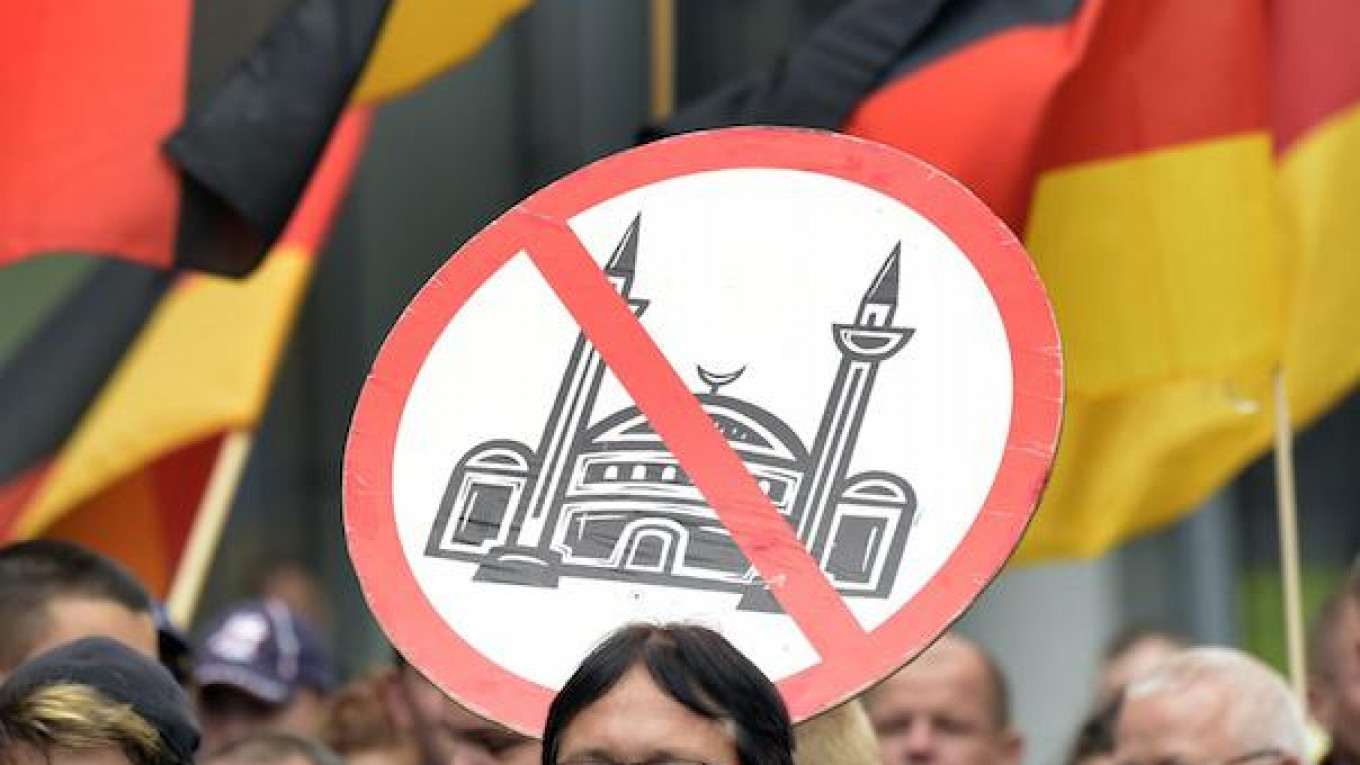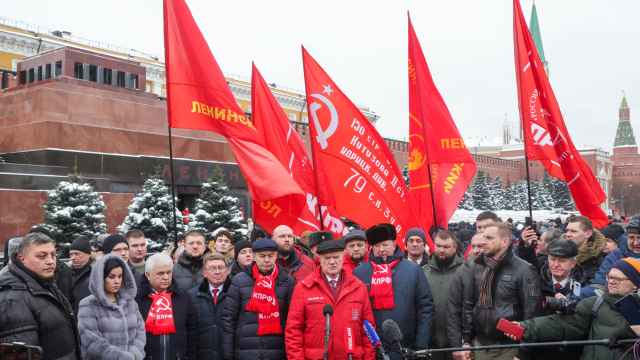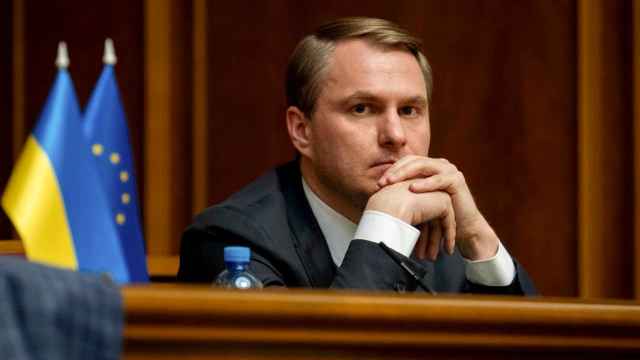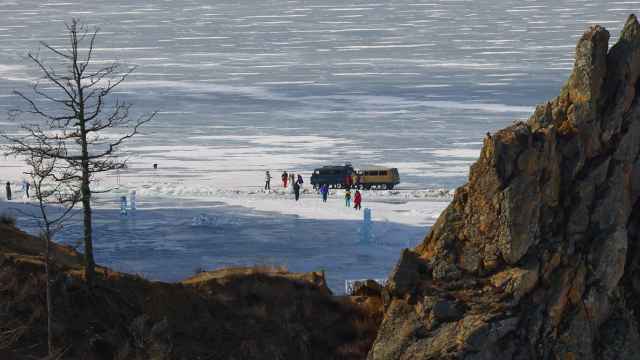The EU is in the midst of a major crisis. Brexit — whether “hard” or “soft” – will force the EU to redefine itself, and, to put it briefly, find a new equilibrium between free-traders and protectionists. The election of Donald Trump as U.S. president will also pose an enormous challenge to the bloc.
The most worrying development remains the stability of the EU's core. The assumption has been that as long as there are no disagreements between Berlin and Paris, and between Berlin and Warsaw, the EU will remain stable and able to weather any storm. The corollary assumption, of course, is that any fissure in this construct is likely to derail the EU's decision-making abilities.
Both France and Germany hold general elections next year. The outcome of the French presidential and parliamentary elections in April is a major challenge for Europe, with Trump's surprise victory posing even more uncertainty for the French elections. The formidable populist threat posed by Marine Le Pen, a candidate fundamentally opposed to European integration, cannot be overstated. The fact Le Pen has received financial support from Moscow underscores the stakes in the French election.
However, the likely outcome remains a repetition of the two preceding presidential elections. The Eurosceptic and nativist Le Pen will be defeated in the second round by an opponent who rallies both traditional center-right voters and the socialist left.
The German Bundestag elections in September are expected to be less spectacular than their French counterpart. The German party landscape has developed from being a system dominated by two major Volksparteien, that is, parties solidly anchored in the population, into a multiparty system. Prior to German reunification, the conservative CDU/CSU and the Social Democrats were able to prevent any party to their right or to their left from entering the Bundestag. This changed when Die Linke emerged from the ruins of the GDR.
Even so, no party challenging the CDU from the right has made it across the 5 percent threshold needed to win a seat in the Bundestag. However, after its recent success in regional elections, the Alternative für Deutschland now appears poised to enter politics at the federal level. Were Angela Merkel to lead the CDU in the general elections of 2017 and succeed in forming the next coalition, she could tie with Helmut Kohl who served four terms for a total of sixteen years as Federal Chancellor. Her decision is expected in December at the party conference of the CDU.
Nobody is irreplaceable, but at present nobody is challenging Angela Merkel despite views on immigration that conflict with those of the CDU’s Bavarian sister party CSU, which is worried about losing its absolute majority in the Bavarian Landtag. The outcome of the general elections is likely to continue the grand coalition of the CDU/CSU and the Social Democrats, although there is growing sympathy in the CDU for a coalition with the Greens if the numbers allow it.
Warsaw also poses challenges for EU integration. The about-face of Polish politics to a provincial, nationalist, anti-liberal and anti-EU direction has strained its relationship with Brussels. It also threatens a long and strong bond with Berlin that has flourished on all levels. The major disagreements concern immigration and societal values.
Quite important, however, is that they do not extend to EU-Russia relations. On this issue, there is a clear difference with the three other Visegrad countries (the Czech Republic, Slovakia and Hungary), which have been wavering in their support of Merkel’s tough line. On immigration policy, Poland tends to agree with the rest of the Visegrad group. There is an eerie feeling that despite having joined the European Union more than ten years ago and greatly profited from membership, some of these countries have not managed to arrive. A residue of old thinking has resurfaced in these new member states.
Surprisingly, the same sentiments have even cropped up in the Eastern Länder of reunited Germany. The war in Ukraine forced Germany and Angela Merkel to assume a leadership role not seen before. It is safe to claim that the firmness of her personal conviction formed the basis of EU policy. Changing borders by force is unacceptable. It dovetailed with the position of the Obama administration, for example, in the policy of providing only “non-lethal” aid to Ukraine. The task of negotiating with President Putin was essentially outsourced by President Obama to Chancellor Merkel and French President Francois Hollande.
The dramatic change caused by the war in Ukraine was a harsh awakening for the Germans. A relapse to a confrontation with Russia is highly unpopular. This is part of the phenomenon of “German angst,” which might be described as a mix of pacifism, neutralism (the dream of a larger Switzerland), and anti-Americanism. By challenging the Kremlin on Ukraine, the German chancellor took on a fight that touches a host of deep-rooted sentiments in her country. Both Foreign Minister Frank-Walter Steinmeier and Merkel are torn by forces close to their political base.
In the case of the foreign minister, it is paying homage to the Ostpolitik legacy and the immediate need for a realistic appraisal of the situation. In the case of the chancellor, it is dealing simultaneously with public sentiment wary of any confrontation with Russia and the hawkish positions of Germany’s allies. Ultimately, these positions may not be as hard to reconcile as they appear at first glance.
Still, the critics of Angela Merkel in her own party and in Bavaria deny credit for her Realpolitik achievements with Turkey. As a continuation of her strategy to stem the flow of refugees, it should be noted that the leading theme for Germany's G-20 presidency in 2017 will be Africa.
The challenges facing the EU in the increasingly unstable global environment are growing by the day. How the bloc deals with these problems will determine its future.
Rene Nyberg is a former Finnish ambassador to Russia and Germany.
A Message from The Moscow Times:
Dear readers,
We are facing unprecedented challenges. Russia's Prosecutor General's Office has designated The Moscow Times as an "undesirable" organization, criminalizing our work and putting our staff at risk of prosecution. This follows our earlier unjust labeling as a "foreign agent."
These actions are direct attempts to silence independent journalism in Russia. The authorities claim our work "discredits the decisions of the Russian leadership." We see things differently: we strive to provide accurate, unbiased reporting on Russia.
We, the journalists of The Moscow Times, refuse to be silenced. But to continue our work, we need your help.
Your support, no matter how small, makes a world of difference. If you can, please support us monthly starting from just $2. It's quick to set up, and every contribution makes a significant impact.
By supporting The Moscow Times, you're defending open, independent journalism in the face of repression. Thank you for standing with us.
Remind me later.






